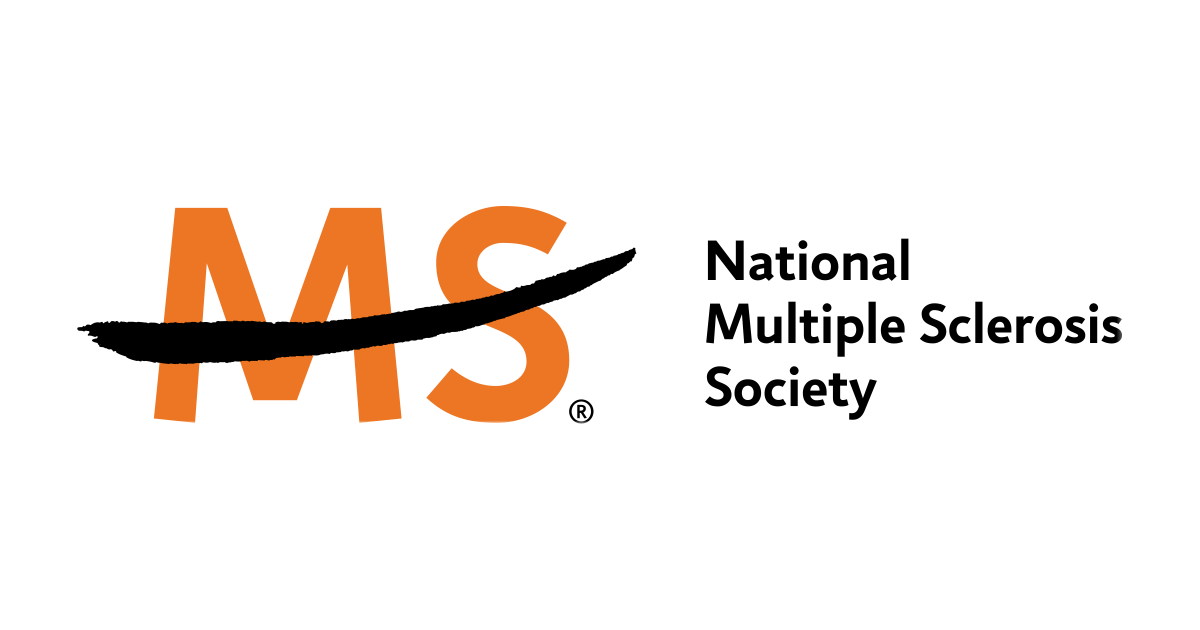Headline: Major Cybersecurity Vulnerabilities Emerge Amid Cloud Credential Theft
In a week marked by significant cybersecurity threats, experts highlight vulnerabilities that pose immediate risks to businesses and industrial control systems. This includes alarming reports of cloud credential theft and critical bugs affecting major automation systems. Furthermore, a long-standing SSL certificate flaw in qBittorrent has finally been addressed after 14 years, marking a victory in vulnerability management.
Cloud Credential Theft: A Growing Concern
On October 30, 2024, Sysdig revealed a large-scale credential theft operation, dubbed "EMERALDWHALE," exploiting misconfigured cloud services and exposed Git files. This sophisticated global attack has targeted over 10,000 cloud credentials, directly impacting businesses utilizing these services.
According to Sysdig, the attackers leveraged misconfigured Git configuration files to gain access to cloud credentials from source code repositories. They further exploited these vulnerabilities using two primary tools — MZR V2 and Seyzo-v2 — which are available on underground marketplaces. "While investigating, we discovered malicious tools and over a terabyte of compromised data," Sysdig stated, showcasing the sheer magnitude of the breach.
Recommendations for Mitigating Cloud Threats:
- Encrypt all Git configurations.
- Avoid committing sensitive data, including credentials.
- Implement strict access controls for repositories.
Industrial Control Vulnerabilities Draw Warning
On October 31, 2024, the Cybersecurity and Infrastructure Security Agency (CISA) released advisories addressing critical vulnerabilities in Mitsubishi Electric’s and Rockwell Automation’s systems. These vulnerabilities could severely impact industrial environments, particularly in manufacturing and supply chain operations.
-
Mitsubishi Electric Vulnerability: Described as CVE-2023-6943, this critical flaw has a score of 9.8. It affects multiple products, including EZSocket and MELSOFT Navigator, allowing remote unauthenticated attackers to execute potentially destructive commands. “Successful exploitation could lead to data manipulation or denial-of-service conditions,” cautioned the CISA.
- Rockwell Automation Bug: Tracked as CVE-2024-10386, this vulnerability allows an attacker with network access to manipulate Rockwell FactoryTalk ThinManager devices. The implications extend to potential data corruption and service disruptions.
Recommended Actions for Both Vulnerabilities:
- For Mitsubishi Electric products: Update to the latest versions as advised.
- For Rockwell Automation systems: Apply available patches to mitigate risks.
Windows 11 Downgrade Vulnerability Remains Unaddressed
As of October 26, 2024, Microsoft has yet to resolve a concerning downgrade vulnerability in Windows 11, revealed this summer by researcher Alon Leviev at the Black Hat conference. Dubbed "Downdate," the exploit allows unauthorized administrators to roll back fully patched Windows systems to outdated, vulnerable versions.
Despite acknowledging the risk, Microsoft does not consider it a formal vulnerability due to its classification. "We are working on a fix," Microsoft stated, though no timeline has been provided.
Practical Recommendations for Windows Users:
- Monitor system logs for unusual downgrade activities.
- Implement regular vulnerability scans to ensure compliance and safety.
Long-Awaited Fix in qBittorrent Paves Way for Safer Downloads
In an encouraging turn of events, qBittorrent addressed a 14-year-old SSL certificate vulnerability, successfully patching the flaw in its DownloadManager class. Versions 3.2.1 through 5.0.0 of the torrent client were affected, allowing potential remote code execution. Users are urged to upgrade to version 5.0.1 to secure their systems.
Innovative Approaches in Vulnerability Detection
As October closes, Google’s Big Sleep Framework has made strides in early vulnerability detection. Google Project Zero reported discovering a stack buffer overflow in SQLite, which was rectified before public knowledge could lead to exploitation. Such advancements highlight the importance of proactive measures in vulnerability management.
How Should the Industry Respond?
As these vulnerabilities continue to surface, businesses must remain vigilant. Regular software updates, constant monitoring of system behavior, and employee training on security best practices are essential steps to defend against emerging threats.
We invite our readers to share their thoughts: How is your organization addressing these cybersecurity challenges? Have you experienced similar vulnerabilities? Your feedback is valuable in fostering a community of sharing strategies and solutions.
For more in-depth analysis, visit our other articles on cybersecurity best practices, and stay informed on the latest threats emerging in the digital landscape.

